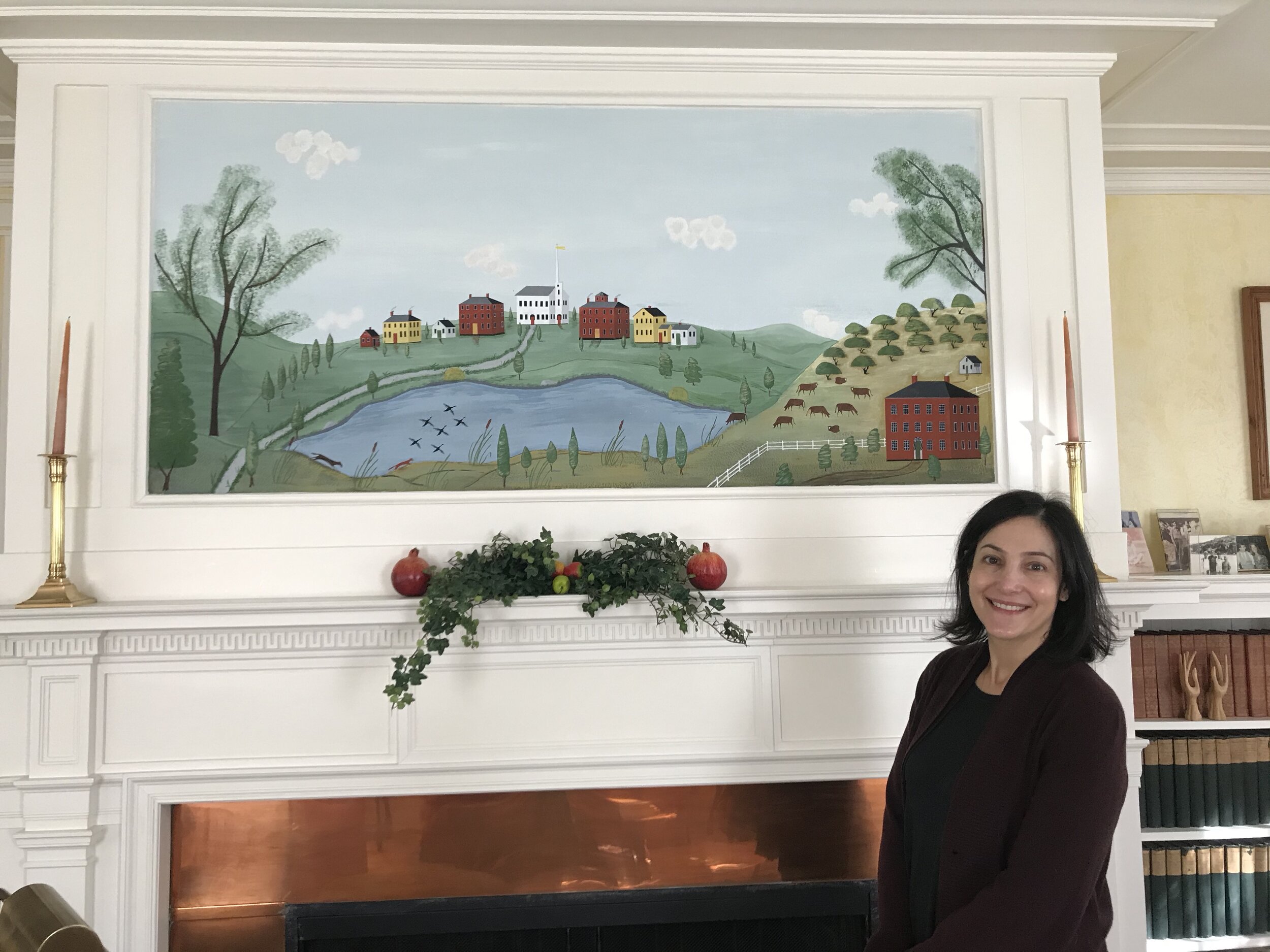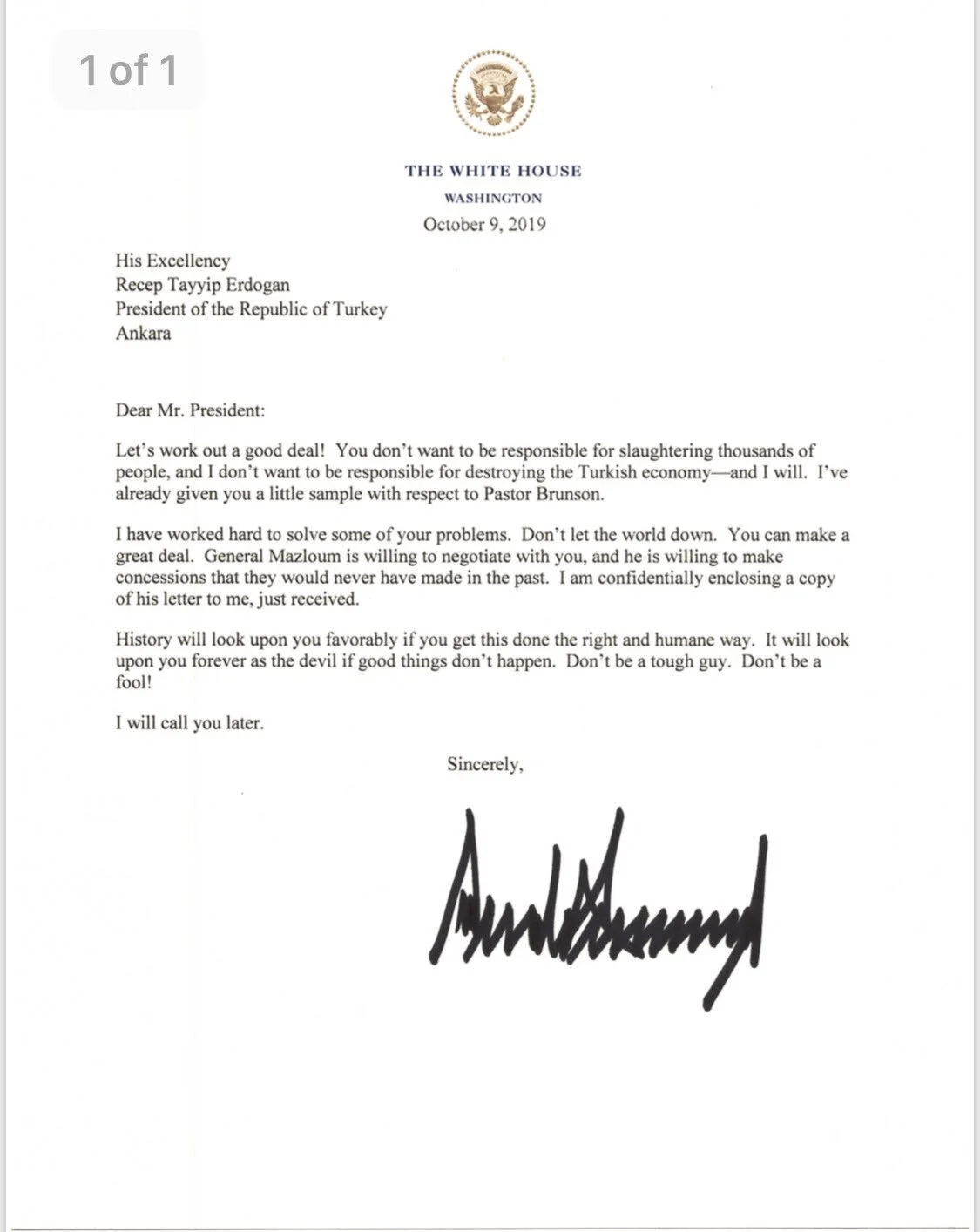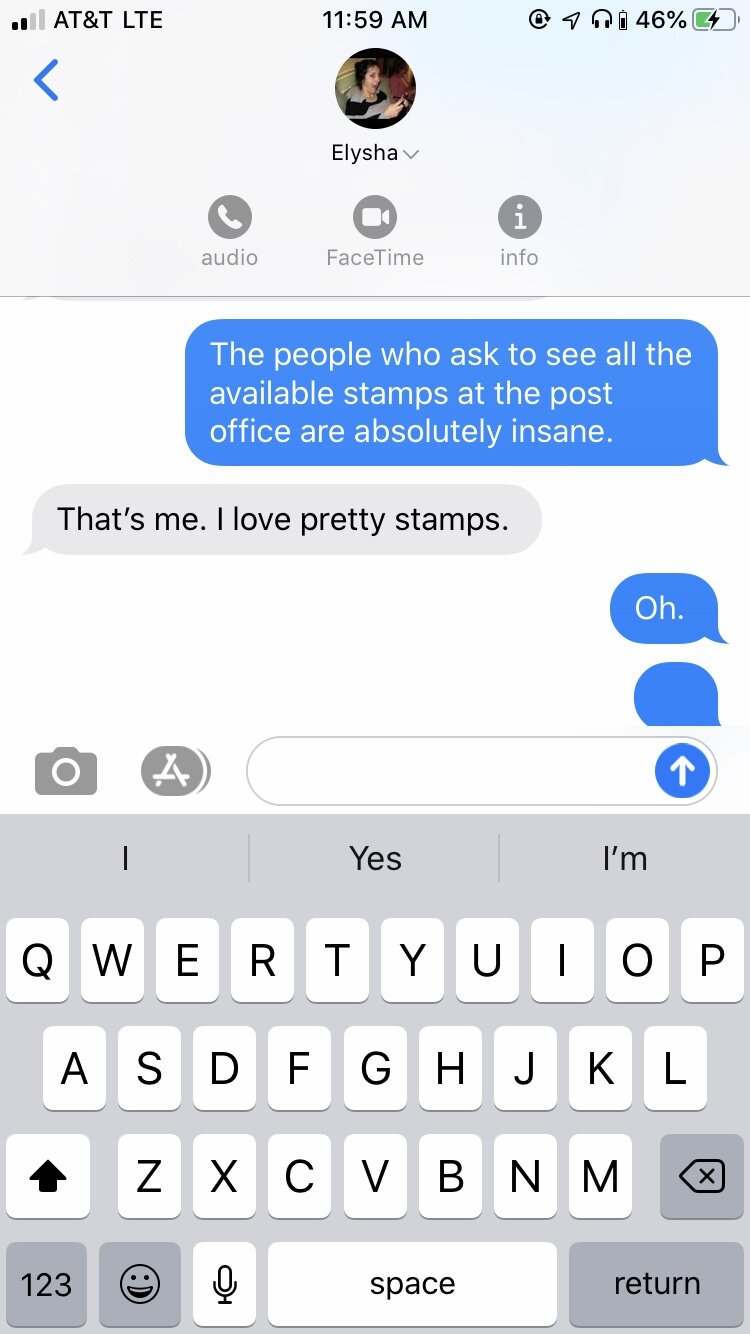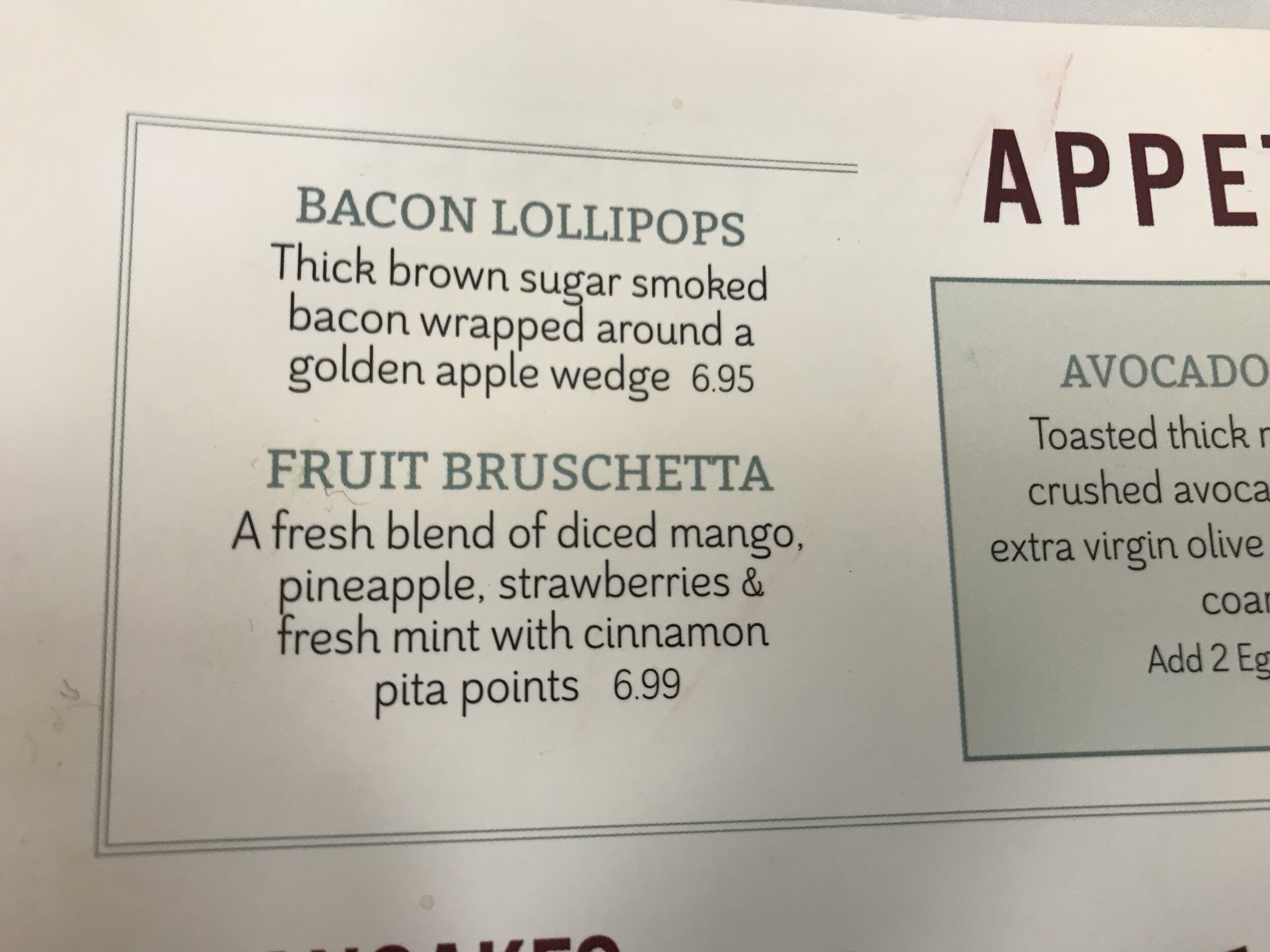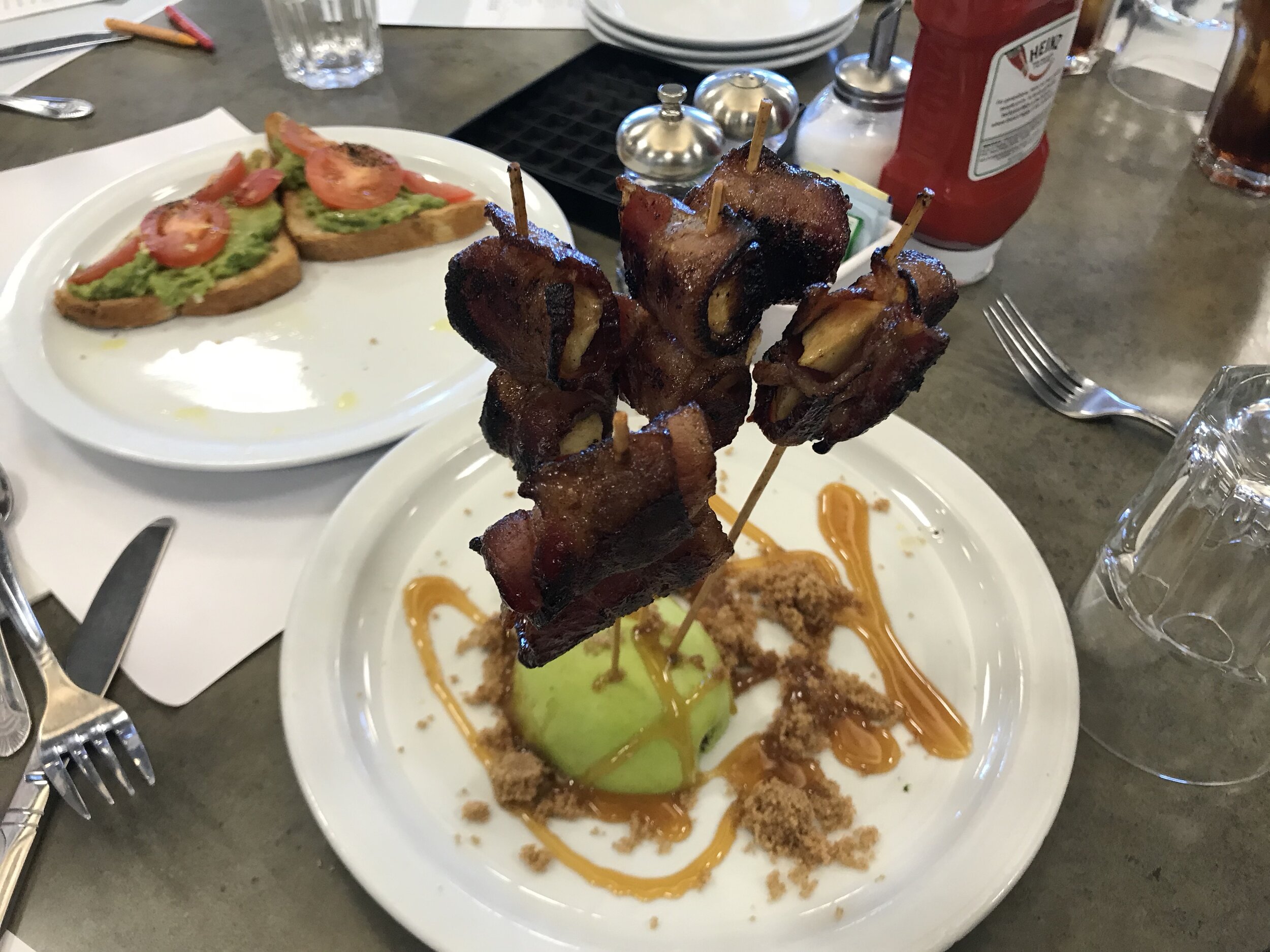23. Win a Moth GrandSLAM.
I finished in second place by a tenth of a point in a Moth GrandSLAM in Boston in January.
I finished in fourth place in a Moth GrandSLAM in Boston in March, but I think I might’ve told my best story ever.
I competed but did not win the NYC Moth GrandSLAM in June. Silent scoring (I’m not a fan) prevents me from knowing how I placed.
I may be competing in one more Moth GrandSLAM in NYC this year depending on the timing of the GrandSLAM and the number of storytellers in the queue ahead of me.
24. Produce at least 40 episodes of our new podcast Speak Up Storytelling.
Three new episodes released in September (along with a rerun).
A total of 32 episodes so far in 2019.
Listen to our latest here or subscribe wherever you get your podcasts.
25. Perform stand up at least four times in 2019.
No stand up performed in September.
Three down. Three to go.
26. Develop and teach a Storytelling Master Class, in which participants have an opportunity to tell at least two stories over the course of the day or tell a story and then retell it based on feedback.
Done in June! It went surprisingly well, and I’ve been receiving requests to do another.
27. Pitch at least three stories to This American Life.
No progress.
28. Pitch myself to Marc Maron’s WTF podcast at least three times.
I wrote to Marc early in January, asking for him to consider me as a guest.
I wrote again in August.
No response yet.
I’ve also officially requested that my publicist assist me in this endeavor.
If you know Marc Maron, or know someone who knows Marc or know someone who knows Marc’s producer or booker, please let me know. I know that Marc and I would have an amazing conversation, and it’s currently my biggest dream to get on his show.
NEW PROJECTS
29. Host a fundraiser for RIP Medical Debt, which would allow us to relieve the medical debt of struggling Americans for pennies on the dollar.
No progress.
30. Complete my Eagle Scout project.
No progress.
31. Print, hang, and/or display at least 25 prints, photos, or portraits in our home.
We received our estimate from the painters. Depending on other expenses, we will likely be painting several rooms this fall, at which point things can be hung on the walls.
32. Renovate our first floor bathroom.
Work will commence THIS MONTH. And not a moment too soon. The tile floor is falling apart.
33. Organize our second floor bathroom.
Nearly complete. I did it. Huzzah.
MISCELLANEOUS
34. Cook at least 12 good meals (averaging one per month) in 2019.
I made one meal for the family in September.
Six down. Six to go.
35. Plan a reunion of the Heavy Metal Playhouse.
I have a tentative date set. Attempting to confirm attendees now.
36. Ride my bike with my kids at least 25 times in 2019.
I rode my bike with the kids 4 times in September for a total of 10 times in all.
37. I will not comment, positively or negatively, about physical appearance of any person save my wife and children, in 2019 in an effort to reduce the focus on physical appearance in our culture overall.
I did not comment on physical appearance in September.
I also explained my policy to my new batch of students, and once again, they loved the policy and supported it fully. Adults often this this policy is crazy. Children always love it.
38. Surprise Elysha at least six times in 2019.
DONE! Six surprises so far with two more still in the works, including one BIG ONE!
39. Replace the 12 ancient, energy-inefficient windows in our home with new windows that will keep the cold out and actually open in the warmer months.
I’ve got a window guy now in the event we manage to cobble together the fund for this much needed project.
40. Clean the basement.
Almost done! I filled a dumpster and need another, but the remaining stuff to throw away is in an area, organized and ready to go. Some final organizational issues need to be addressed, but it is so much better. So close to being done.
41. Set a new personal best in golf.
I started taking lessons this summer, and I’ve committed myself to constant practice. The results are really beginning to show.
Last weekend, I bogied six of nine holes. This did not result in an excellent score, or even a score close to my all time best, but it represents increasing consistency.
I also have a new putter, so it’s been a process of getting my putting back to where it once was, and my short game is a disaster with my new swing, bit that is improving, too.
Sadly, my lessons and new swing have sent me to physical therapy. A new swing causes muscles and joints to stretch and strain in new ways, which has resulted in a lot of pain.
But pain is nothing when the ball is hit well.
42. Play poker at least six times in 2019.
Three games played in September. Four games played in 2019.
Two to go.
43. Spend at least six days with my best friend of more than 25 years.
Two days spent together so far. I’ve attempted a couple other days but schedules didn’t line up. Still trying like hell. I miss the guy.
44. Post my progress in terms of these resolutions on this blog on the first day of every month.
Done.

